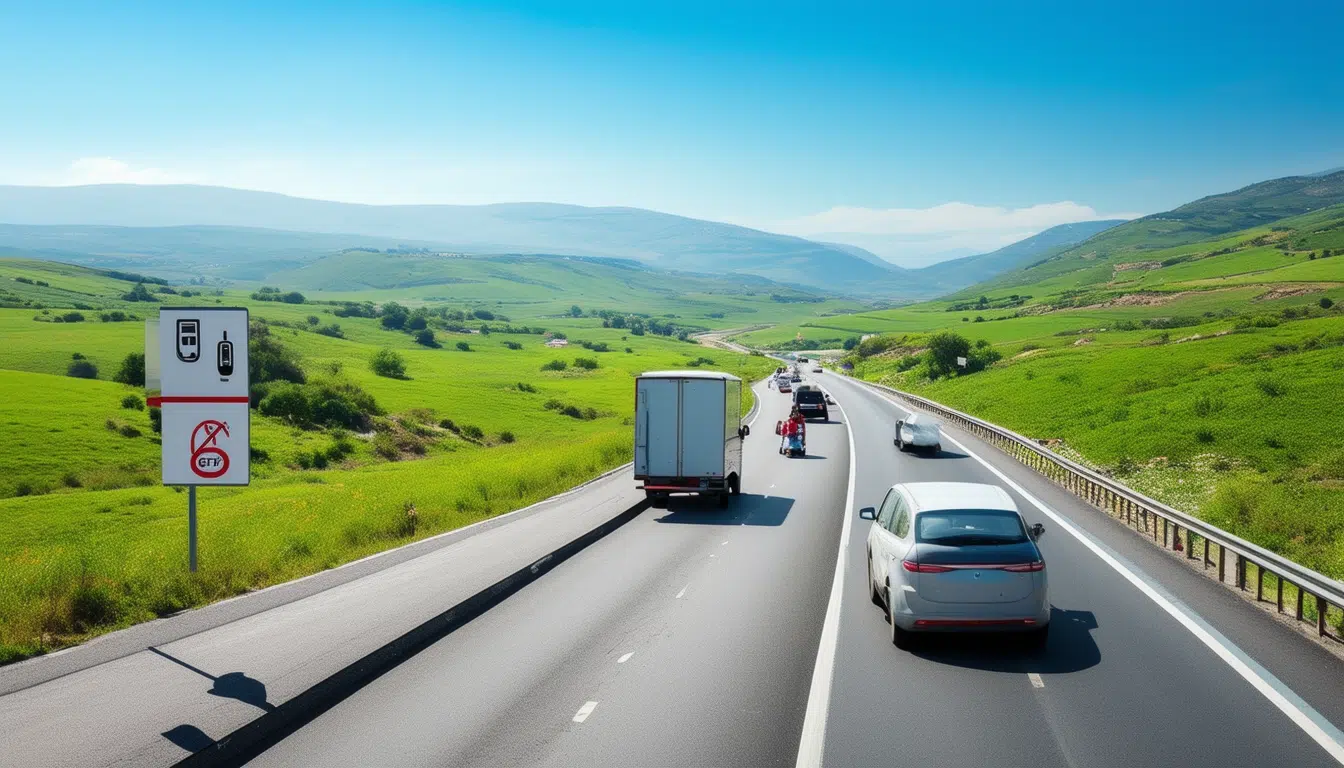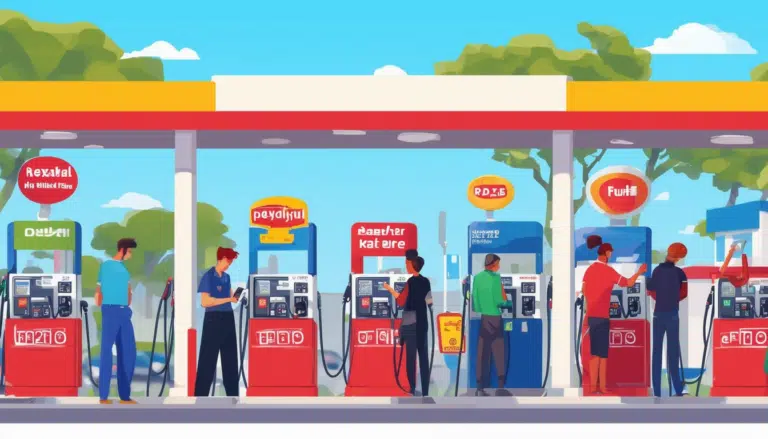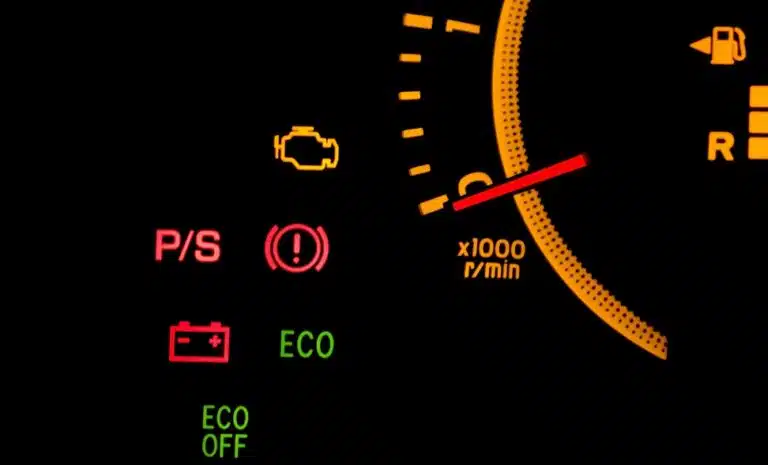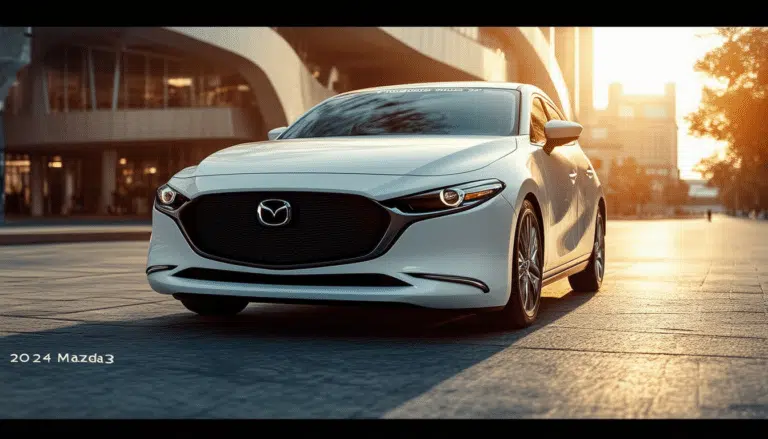Consejos de la DGT para optimizar el consumo de combustible en travesías largas

Given the increase in fuel prices and the need for sustainable mobility, it is essential to have strategies that allow for optimizing fuel consumption during long trips. The General Directorate of Traffic (DGT) offers a series of practical tips that will not only help reduce costs but also contribute to road safety and environmental care. Implementing these recommendations will result in a more efficient and enjoyable trip, benefiting both the driver and their passengers.
The General Directorate of Traffic (DGT) provides a series of essential recommendations for drivers planning to undertake long journeys. These recommendations aim to optimize fuel consumption and, therefore, reduce costs during the trip. Through practical and simple strategies, users can improve the efficiency of their vehicle while ensuring a safer and more economical journey.
Keeping the vehicle in optimal condition
One of the most important aspects to ensure a low fuel consumption is the correct maintenance of the vehicle. This includes checking the tire pressure, which should be within the recommended range, as low pressure can increase fuel consumption by up to 20%. Additionally, it is essential to perform oil changes and check filters and spark plugs, ensuring that the engine operates efficiently.
Route Planning
Before leaving, it is advisable to plan the route to follow. Choosing roads that allow for a constant speed can save a significant amount of fuel. The DGT advises avoiding routes with heavy traffic or that include numerous traffic lights, as constant stops and starts increase gasoline consumption. Using apps that provide real-time traffic information can also be very useful.
Efficient Driving
The way one drives has a significant impact on fuel consumption. Driving at a moderate and constant speed, generally around 100 km/h (62 mph), is more efficient than accelerating and braking sharply. DGT recommends using higher gears whenever possible, even in urban areas, and shifting gears before the engine reaches high revolutions. This not only improves fuel performance but also reduces pollutant emissions.
Anticipation while Driving
Maintaining a safe distance from the vehicle in front allows one to anticipate its movements, which reduces the need for sudden braking. Anticipation is key, so it is important to slow down gradually when approaching a slow vehicle. This technique helps conserve inertia, which in turn reduces fuel consumption.
Minimizing Weight and Improving Aerodynamics
The weight of the vehicle plays a relevant role in fuel consumption. Avoiding unnecessary luggage or excessive weight can contribute to lower expenses. DGT suggests checking the trunk and removing any non-essential items for the trip. Also, the use of roof racks, while practical, can significantly affect the vehicle’s aerodynamics, also increasing gasoline consumption.
Use of Heating and Air Conditioning
During long trips, the use of air conditioning and heating can increase fuel consumption. It is recommended to use the heating moderately and opt to open the windows when driving at low speeds. However, on highways, it is better to use the air conditioning, as opening the windows can create drag and increase consumption. Moderation in using these systems is key to optimizing consumption.
Reviewing the Type of Engine
Considering the type of engine in the vehicle is also important. Diesel cars tend to have better fuel performance on long trips compared to gasoline ones, especially on long-distance routes. This decision should be based on an assessment of the number of kilometers the vehicle will travel throughout the year and the desired refueling frequency.
Other Savings Strategies
Another effective strategy to decrease consumption is to turn off the engine when stopped for prolonged periods, such as during rest stops. It is also beneficial to drive more relaxed, avoiding unnecessary accelerations and braking. Implementing these simple tips can lead to a significant reduction in fuel expenses during long journeys.
By following the recommendations of the DGT, drivers can enjoy a more economical and efficient trip. For more tips on efficient driving, additional information on strategies for driving efficiently and economically, as well as the importance of regular maintenance, can be consulted.
During long trips, it is essential to adopt strategies that allow for optimizing fuel consumption. The General Directorate of Traffic (DGT) has gathered a series of recommendations that can help drivers reduce expenses and improve their experience on the road.
The use of higher gears is one of the most highlighted pieces of advice. When driving at speeds above 50 km/h, it is suggested to use fourth gear to increase engine efficiency. This not only reduces fuel consumption but also minimizes the emission of harmful gases. Additionally, on motorways, one should employ fifth or sixth gear whenever possible to maintain an adequate revolution ratio.
Another critical aspect is route planning. Knowing the route before departure can avoid surprises and ensure an efficient journey, avoiding areas with heavy traffic and interruptions. Navigation tools enriched with real-time information can be very helpful for optimizing travel times and, consequently, gasoline consumption.
One should also consider the maintenance of the vehicle. Ensuring that tires are properly inflated and that the engine is in good condition can make a significant difference in fuel performance. A well-maintained vehicle not only enhances safety but also offers better overall performance.
Finally, it is recommended to maintain a constant and moderate speed, avoiding sudden accelerations and unnecessary braking. Anticipation while driving, respecting the safe distance, and adjusting speed gradually, can contribute to more economical and safer driving. Thus, not only is fuel cost saved, but there is also a more significant respect for the environment.




